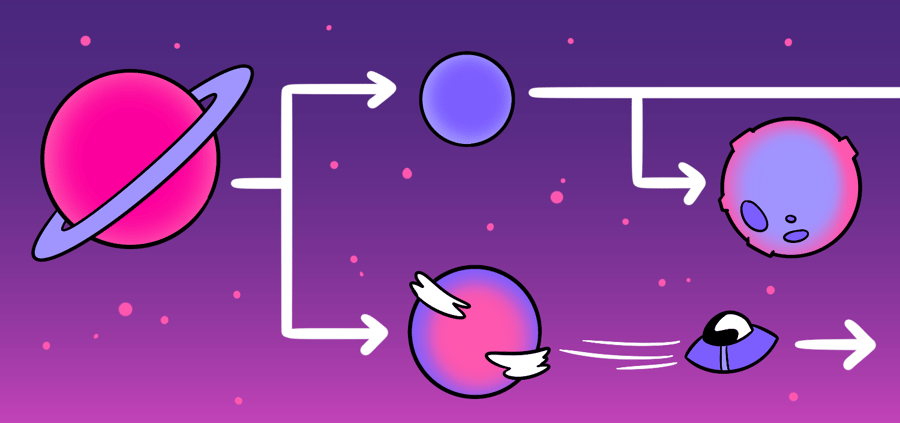Behavioral UX Metrics

Questions answered in this article:
Behavioral metrics track the actions users take while interacting with a product or service. These metrics help measure task completion rates, engagement levels, and the usability of a design, providing tangible data on how well the product supports user activities and achieves its functional goals.
Below is a list of the current Behavioral UX metrics available to use in Helio, along with the specific question type(s) that make up each metric test.
Metrics:
- Completion: Measures the rate at which users successfully complete tasks.
- Question Types: Prototype Directive
Scoring Keys:
- High Completion is produced when the completion score is 90% and above
- Average Completion is produced when the completion score is between 70% and 89%
- Low Completion is produced when the completion score is below 70%
- Engagement: Assesses the quality and depth of user interactions with a product.
- Question Types: Click Test
- High Engagement is produced when the engagement score is 70%.
- Average Engagement is produced when the engagement score is between 50% – 69%.
- Low Engagement is produced when the engagement score is below 50%
- Intent: Gauges the likelihood of users taking specific actions while using the product.
- Question Types: Multiple Choice
- High Intent is produced when intent score is 80% or above
- Average Intent is produced when intent score is between 60% and 79%
- Low Intent is produced when intent score is below 60%
- Usability: Measures how easy it is for users to learn and effectively use the product.
- Question Types: Click Test(s)
- High Usability is produced when usability score is above 80%
- Average Usability is produced when usability score is between 60% and 79%
- Low Usability is produced when usability score is below 60%
- Frequency: Tracks how often users interact with a product.
- Question Types: Likert Scale
- High Frequency is produced when the frequency score is 30% and above
- Average Frequency is produced when the frequency score is between 10% and 29%
- Low Frequency is produced when the frequency score is below 10%
- Comprehension: Evaluates users’ understanding of a product’s features and functionality.
- Question Types: Likert Scale
- High Comprehension is produced when the comprehension score is 70% or higher.
- Average Comprehension when comprehension score is between 69% and 40%
- Low Comprehension when comprehension score is below 39%
- Success: Measures whether users achieve their intended goals while using the product.
- Question Types: Click Test
- High Success:
- Primary CTA – above 90%
- Secondary CTA – above 80%
- Tertiary CTA – above 65%
- Average Success:
- Primary CTA – between 80-89%
- Secondary CTA – between 70-79%
- Tertiary CTA – between 55-65%
- Low Success:
- Primary CTA – below 80%
- Secondary CTA – below 70%
- Tertiary CTA – below 55%
